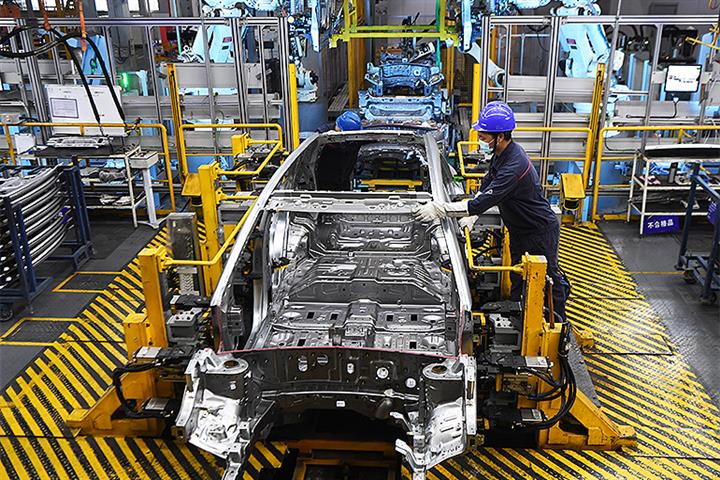 China’s GDP Is Likely to Grow 4.9% in First Half, Ping An Securities Chief Economist Says
China’s GDP Is Likely to Grow 4.9% in First Half, Ping An Securities Chief Economist Says(Yicai Global) April 11 -- China’s economy is expected to expand 4.9 percent in the first six months of the year from the same period last year, as the rigorous implementation of fiscal policies, city-specific real estate regulations as well as appropriate adjustments to monetary policy all bolster a stable economy in the second quarter after a rough first quarter.
The economic data in the first two months was generally in line with expectations. Factory output was relatively robust amid strong exports, even though problems still exist behind the improvement in investment and consumption. However, the latest outbreak of Covid-19 in March has been a great drag on the economy.
Employment was stable in January and February, although young people aged 16 to 24 found it harder to find jobs. Graduates from higher education in particular faced challenges in getting work.
The service industry continued to be impacted by the pandemic and had fewer jobs to offer. Employment in service sectors such as real estate, education and training as well as the internet industry were also affected by regulatory policies.
Meanwhile, as geopolitical conflicts escalated, international oil prices surged, domestic black commodity futures prices climbed and structural inflation pressure increased.
On top of this, the US Federal Reserve may raise interest rates to shrink the balance sheet and China’s loose monetary policy may become slightly more constrained. China could apply more structural and macroprudential tools in monetary policy operations. In the meantime, fiscal policy needs to play a more active role in stabilizing growth.
Editor: Kim Taylor